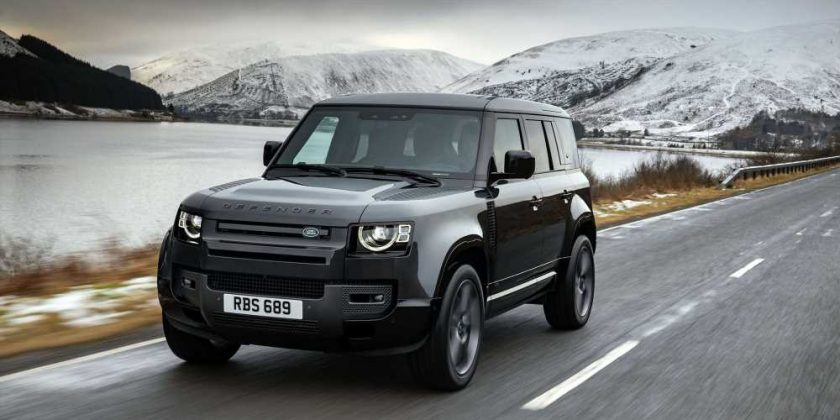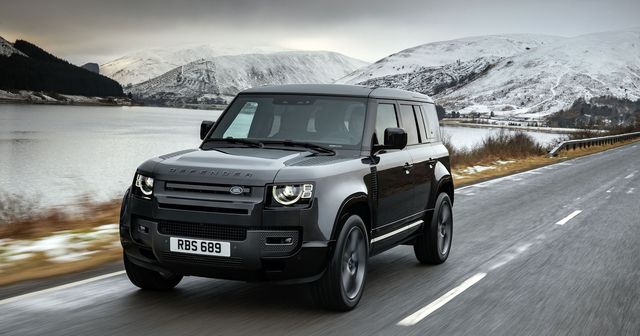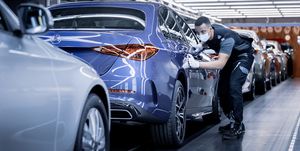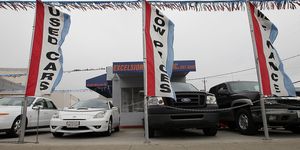The chip shortage that has hamstrung the auto industry for the better part of the last 12 months is not expected to see an improvement for quite some time, with automakers continuing to idle plants in response. The latest automaker to post a sobering assessment of the shortage’s impact on sales over the next year is Jaguar Land Rover, which warned this week that the shortages in supply will actually worsen through the end of the summer, greatly affecting its ability to produce cars.
“Looking ahead, the chip shortage is presently very dynamic and difficult to forecast,” the automaker said in a statement. “Based on recent input from suppliers, we now expect chip supply shortages in the second quarter ended 30 September 2021 to be greater than in the first quarter, potentially resulting in wholesale volumes about 50% lower than planned, although we are continuing to work to mitigate this. We expect the situation will start to improve in the second half of our financial year.”
The chip shortage arose out of decisions made by suppliers of semiconductors in the early months of the pandemic, which shifted their output to makes of personal electronics as auto plants shuttered for weeks. However, as chipmakers entered these contracts, expecting prolonged downtimes for the auto industry, they committed their production capacities and have not been able to boost their output to respond to the rebound in demand from automakers. Amid an increasingly desperate situation among carmakers, which has already resulted in a very limited supply in new and used vehicles this spring and summer, automakers say that an increase in chip production capacity is needed. But it’s not easily or quickly achievable, chip makers say.
“However, the broader underlying structural capacity issues will only be resolved as supplier investment in new capacities comes online over the next 12-18 months and so we expect some level of shortages will continue through to the end of the year and beyond,” Jaguar Land Rover added. “While the present supply constraints continue, the company will continue to prioritize production of higher margin vehicles for the chip supply available as well as make chip and product specification changes where possible to reduce the impact.”
Jaguar Land Rover is by no means alone in this boat, and it now expects an operating cash outflow of approximately £1 billion ($1.38 billion) if the projections described above materialize as forecast, expecting an improvement between late summer 2021 and spring 2022. But the automaker cautions that the longer-term shortages won’t be addressed until suppliers actually expand their production capacities, which is likely to require another year, by conservative estimates.
The one silver lining the company sees at the moment is that demand for its vehicles is high, citing 110,000 global retail orders—the highest in the company’s history. This includes 29,000 orders for the Land Rover Defender alone.
“We are pleased to see the gradual economic recovery from the pandemic with customers returning to our showrooms driving double-digit year-on-year sales growth in all regions, demonstrating the continuing appeal of Jaguar and Land Rover vehicles,” said Jaguar Land Rover CEO Thierry Bolloré. “While the present semiconductor supply shortages continue to be a challenge for the industry, we are encouraged by the strong demand we see for our vehicles.”
If you’re shopping for new vehicle, have you run into availability issues at dealerships? Let us know in the comments below.
Source: Read Full Article



